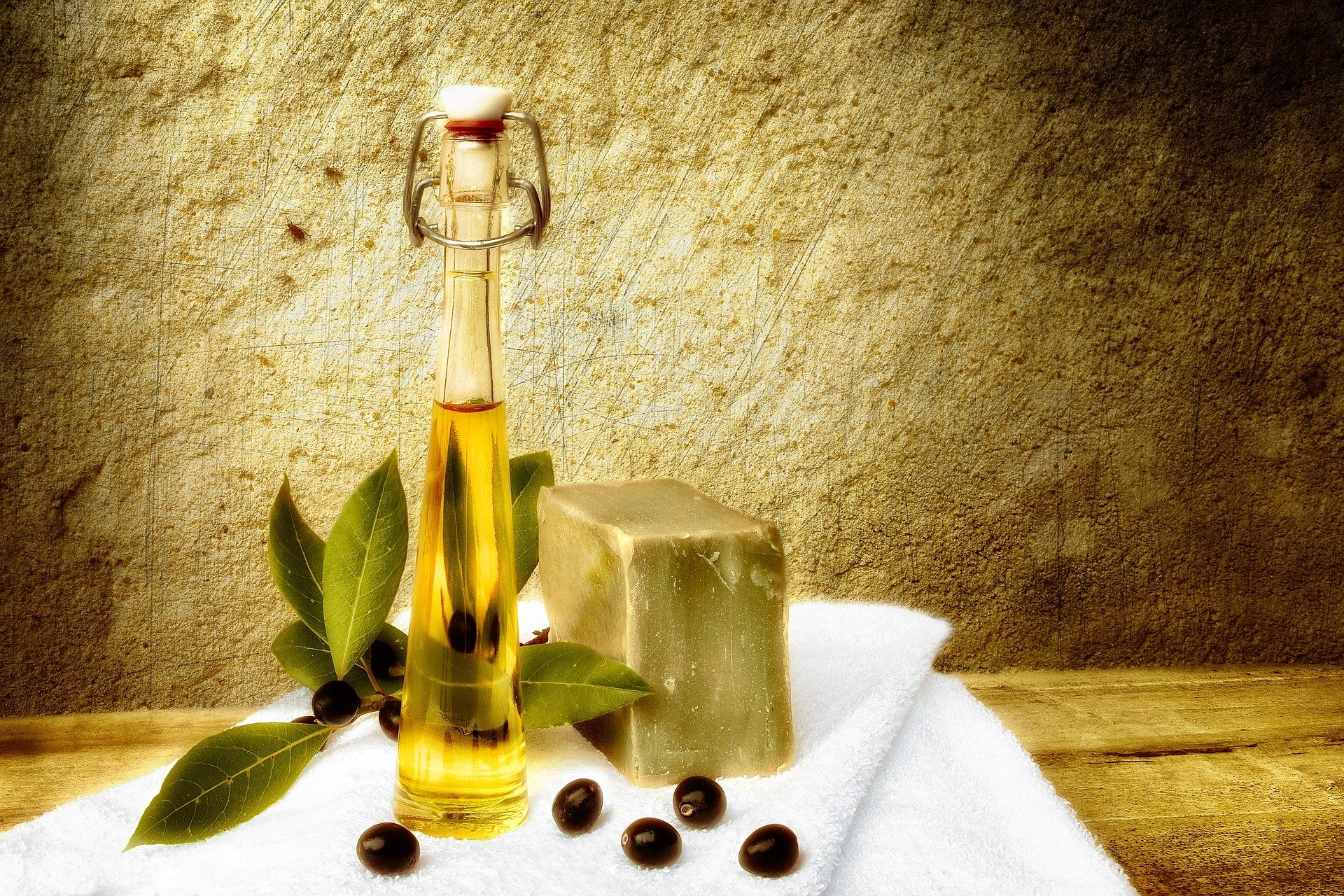Tea tree oil comes from the paperbark tree in Australia and has historically been used by Australian Aboriginals as a folk remedy. There are nearly 300 varieties of Melaleuca alternifolia (the Latin name for the tea tree), but only one of them produces medicinal oil. Tea tree oil became common in the 1920s, when Australian servicemen recorded its therapeutic uses. In 1922, the Royal Society of New South Wales announced that oil was an especially powerful antiseptic agent.Tea tree oil is beneficial in the treatment of cuts and grazes, acne, herpes, dandruff, muscle aches, anxiety, strains, rheumatic complaints, sunburn and bronchial infections and also strengthens the immune system
According to naturopathic and homeopathic doctor Asa Hershoff, DC, of Los Angeles and San Francisco, tea tree oil has antibacterial, antifungal, and antiviral properties and stimulates the immune system.
“It’s a reliable antiseptic,” says Hershoff, author of Homeopathic Remedies: A Quick and Easy Guide to Common Disorders and Their Homeopathic Treatments. “There just aren’t that many substances that have all the therapeutic applications that tea tree oil does.” And though tea tree oil is slower to show benefits than benzoyl peroxide, says Hershoff, it results in less itching , scaling, and irritation.
Some of the applications of tea tree oil include:
- Tea tree oil helps with colds, sinusitis, bronchitis, and other respiratory illnesses in vapour therapy, and is also used to help the mind cope with shock.
- As a combined massage oil or diluted in the water, tea tree oil helps with all respiratory diseases, including arthritis, colds, dermatitis, skin infections, scalp disorders, sinusitis, viral infections, nettle rash, colds and coughs, bronchitis, and sweaty legs.
- When added to the bath for cleaning, it has great benefit in the treatment of abscesses, bed sores, acne, boils, lice, dandruff, cuts, as well as animal or human bites and can also be applied to trouble areas with a cotton bud.
- When the tea tree oil is mixed into a cream or lotion and applied to the skin, it helps to clear up any fungal, bacterial and viral infections-and can also be used for a range of problems-ranging from boils, abscesses, acne, bite wounds from animals and humans (although a medical practitioner must also be consulted), dandruff and other scalp disorders, and is also beneficial for it.
- Tea tree oil is a natural antiseptic that works best for the treatment of dry, acne-prone skin. It has impressive antimicrobial properties and efficiently kills acne-causing bacteria, which eliminates pimp breakouts. Tea tree oil goes deep into the pores and disinfects the skin, treating inflammation and soothing the skin.
- Tea tree oil is known for its potent antioxidant, antibacterial and healing properties. It has been used in conventional and natural medicines for centuries because of its antiseptic properties in the treatment of wounds and in the prevention of minor injuries, scrapes and burns. It can also be used after shaving, waxing and hair removal. Dilute the oil and add it twice a day to the affected area for best results.
- Tea tree oil works wonders on skin. It carries antibacterial, anti – inflammatory and antimicrobial properties which make it useful for your skin. Tea tree oil heals skin on whole leaving you with flawless and spot free clear skin.Direct application may burn your skin. Always dilute it with carrier oils like almond oil, coconut oil, olive oil or moisturizers, creams before application. It also helps relieve skin puffiness and itchy skin.
Research has shown that tea tree oil is generally healthy. However, there are some things you need to be aware of before you use it. Tea tree oil should not be consumed because it can be poisonous when swallowed. This is significant because, ironically, some people who use tea tree oil develop contact dermatitis, one of the conditions that can help to treat tea tree oil. Similarly, people with sensitive skin can experience discomfort when using undiluted tea tree oil. If the skin is sensitive, it is best to combine tea tree oil with an equivalent or higher amount of olive oil, coconut oil or almond oil.
